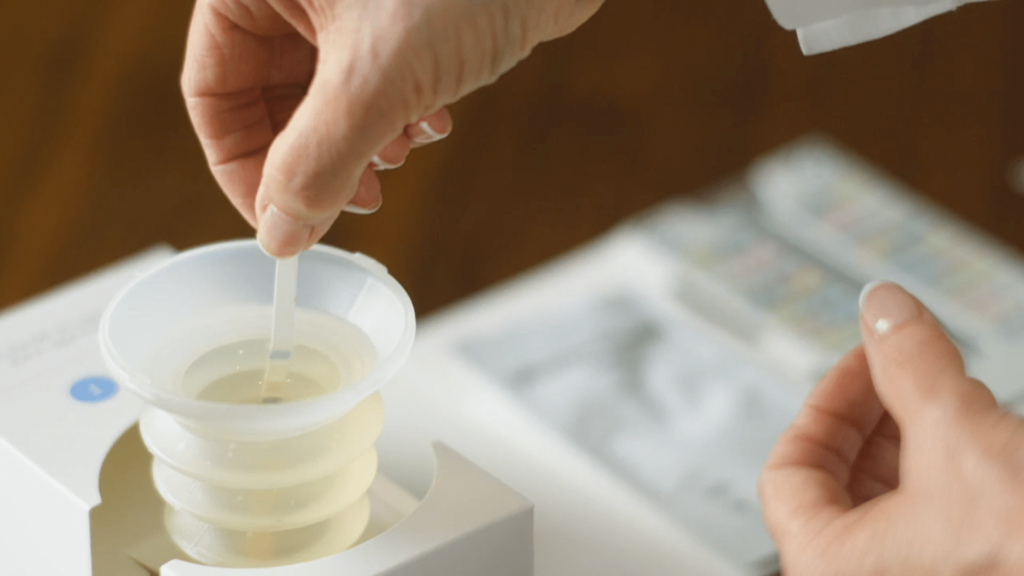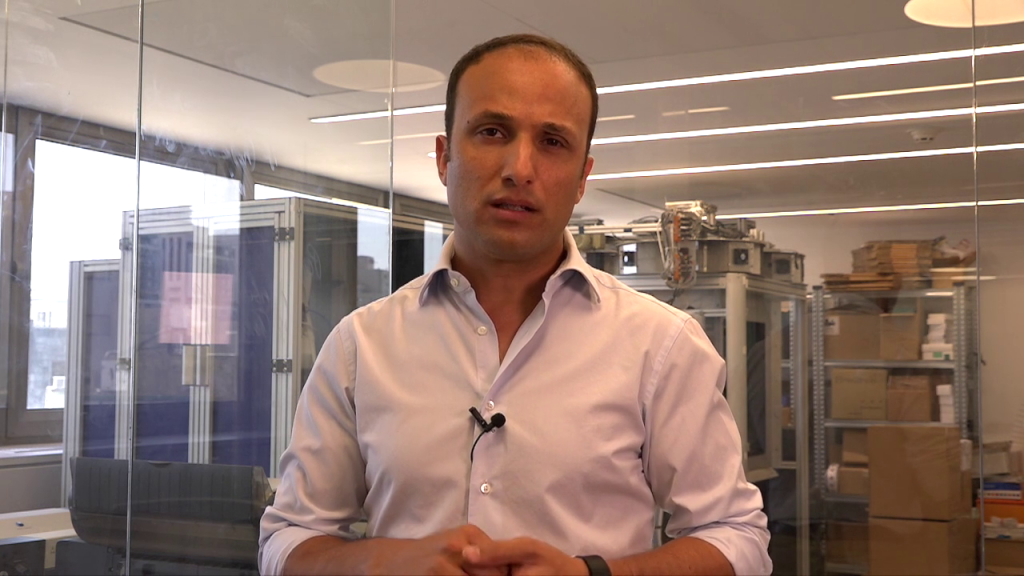Healthy.io recently sponsored the Rise Qualipalooza event in Miami where leading US Payer Quality experts shared best practice strategies to improve clinical quality and member experience. There have been significant changes to the CMS Star Program so it was a well attended event where attendees were there to learn.
Overall it seems that health plans are looking for innovative digital solutions that meet members where they are, drive improvements in efficiency and recognize that a multi-pronged approach to quality improvement is key to performance.
Clinical Measures are now More Important
There were in depth discussions about the new MY24 Star weighting changes that now make HEDIS and Part D measure more critical to performance. Other areas of focus were the transition to ECDS, leveraging supplemental data in addition to claims for reporting, CAHPS survey digitalization and addressing SDoH barriers. More broadly, it was apparent that most insurers recognized that members have evolved to expect more of an e-commerce and digital relationship with their health carrier and plans are trying to catch up to engagement preference.
Home Testing has Gone Mainstream
There were several solutions offering home sample collection kits with evidence that consumers prefer testing in the privacy of their own homes and that home testing can work. Plans benefit from the supplemental data to augment claims and members prefer it because it gives them a real-time result. With Minuteful Kidney, plans appreciated that once the test was completed there was no additional need to mail back a sample to get tested.
Kidney Disease is Finally Having its Day
Historically, payers have spent a tremendous time focused on improving diabetes and heart health with a lack of attention on kidney disease prevention – until now. With the introduction of the KED measure in MY24, health plans will be responsible for making sure all members with diabetes have an annual ACR test as well as a GFR which is challenging to execute on in practice. Now that there is a quality improvement incentive for plans, it was great for us to see that kidney disease prevention is getting prioritized and receiving more attention.
Plans also shared that kidney disease is an untapped opportunity for risk adjustment, an area where costs of care are too high and many clinicians we spoke with see the additional measures as contributing positively to the overall health of the populations they serve. Plans appreciated the deeper education about the disease, prevalence and lack of testing and many shared that they view kidney disease, otherwise known as the silent killer, as an exciting and tangible opportunity for health plans to make a meaningful impact on raising kidney disease detection and treatment rates in the US.






